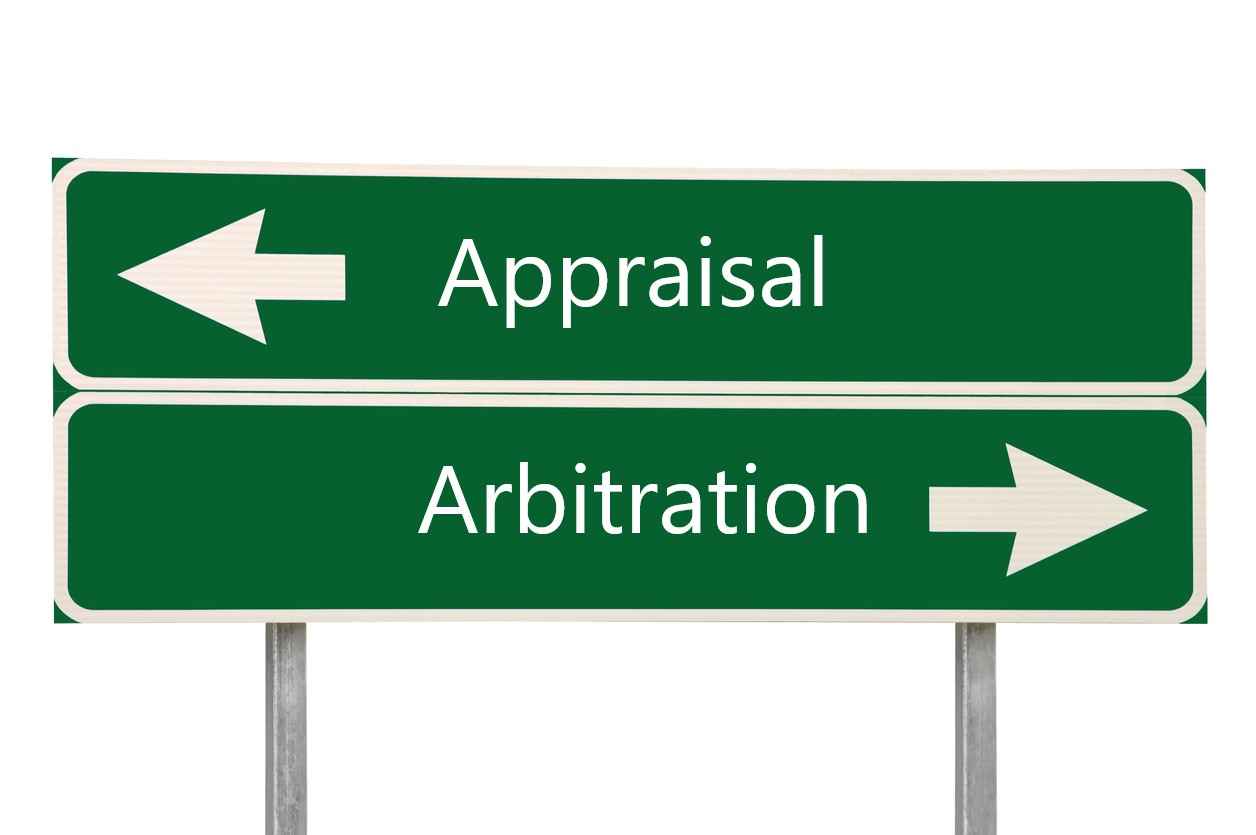The Rhode Island Supreme Court recently issued a significant decision holding that an insurance appraisal is akin to arbitration and subject to arbitration rules. 1 This ruling aligns with Rhode Island’s prior stance on appraisals noted in our post, Rhode Island Appraisals—The Arbitration Act Applies to Determine the Partiality of Appraisers and Umpires, but contrasts sharply with how other states, such as Utah and Alabama, treat the appraisal process. This decision has critical implications for those involved with the appraisal process in Rhode Island. It reminds parties to appraisal, appraisers, and umpires that states do not treat appraisal and its process the same.
The case arose when New England Property Services Group, LLC (NEPSG), as an assignee of a homeowner’s insurance claim, sought to challenge an appraisal award following a dispute over storm damage coverage. NEPSG argued that the award should be modified due to a later increase in labor costs for vinyl siding or, alternatively, that a second appraisal should be conducted. The insurer, NGM, contended that the appraisal process had been properly executed and that the award was final and binding under arbitration principles. The Rhode Island Supreme Court sided with NGM, affirming that appraisals in the state function as arbitration and are subject to limited judicial review.
This ruling reinforces Rhode Island’s longstanding treatment of appraisals under the guise of arbitrations, which contrasts with how other states approach the issue. In Utah, for example, courts have explicitly ruled that appraisal is not governed by arbitration rules, allowing for broader judicial oversight of appraisal outcomes. Similarly, Alabama has held that appraisals are distinct from arbitration, meaning they are not necessarily bound by the same procedural limitations that courts apply to arbitration awards. These differences can have consequences for insured parties and insurers, as they affect the ability and process to challenge or modify appraisal determinations.
The Rhode Island Supreme Court’s holding emphasizes that appraisals are intended to provide a final and efficient resolution of disputes regarding the amount of loss. Most states agree with this view of appraisal. The court noted that while an arbitration award can be modified in cases of clear mathematical miscalculations, it cannot be altered based on new information that arises after the fact. NEPSG’s claim for additional compensation due to increased labor costs was therefore dismissed, as the updated cost figures were published only after the appraisal award had been finalized. The court also rejected NEPSG’s request for a second appraisal, underscoring that dissatisfaction with an appraisal outcome is not a sufficient basis for reopening the process.
In addition to its findings on the finality of appraisals, the court addressed NEPSG’s allegations of breach of contract, bad faith, unjust enrichment, and tortious interference. The justices determined that NGM had not breached the insurance contract, as it followed the policy’s appraisal clause, conducted a full reinspection, and promptly paid the agreed-upon award.
The claim of bad faith was also dismissed, with the court ruling that the use of unlicensed appraisers without further evidence of misconduct did not constitute bad faith. Similarly, the unjust enrichment claim was rejected on the grounds that market fluctuations occurring after the appraisal could not be used to justify additional compensation. Finally, the court found no evidence that NGM had improperly interfered with NEPSG’s assignment contract by communicating with the insureds who assigned the claim about the settlement of the claim.
This decision highlights the critical differences in how states approach insurance appraisals. In jurisdictions like Rhode Island, where appraisals are viewed as arbitrations, challenges to an appraisal award are limited to arbitration rules, and courts will generally uphold the finality of the process. In states with a view like Rhode Island, it is important to review the state-specific laws regarding arbitration and possibly the federal arbitration act, as suggested in Is Appraisal Governed Under the Federal Arbitration Act.
For those involved in insurance appraisals, this ruling serves as a reminder that the legal framework governing appraisals varies widely across the United States. Policyholders, insurers, and appraisal professionals must be aware of how their state treats appraisals and adjust accordingly. In states like Rhode Island, parties should expect that appraisal decisions will be reviewed under arbitration rules. The rules regarding the eligibility to be part of an appraisal panel are generally more stringent regarding arbitration and should be carefully reviewed before selecting appraisers or umpires.
I will be speaking about these appraisal issues with other notable speakers, such as Steve Badger, at the five-day P.L.A.N. Property Loss Appraiser & Umpire Certification Course being held in New Orleans April 28 – May 2.
Thought For The Day
“Rhode Island is like the cool basement of New England—small, kinda dark, and always a little damp, but everyone loves hanging out there.”
—Conan O’Brien
1 New England Prop. Services Group v. NGM Ins. Co., 329 A.3d 889 (R.I. 2025).

